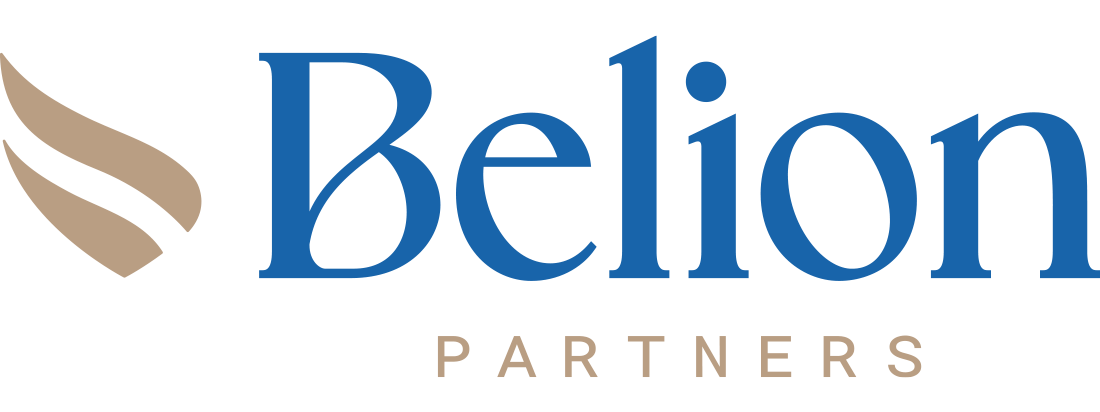The Non-Habitual Residence (NHR) Special Tax Regime is Making a Comeback
The Non-Habitual Residence (NHR) Special Tax Regime is set to be reintroduced by the new government, with several key differences from the previous version that was discontinued by the former administration.
Initially established in 2009, the Non-Habitual Residence (NHR) Special Tax Regime aimed to attract foreign residents by offering a favourable tax rate. It required setting up fiscal residence in Portugal and living in the country for 183 days a year, with a flat 20% income tax rate on all types of income for a period of 10 years. However, this program was discontinued in 2023 amid concerns that it contributed to the housing crisis in Portugal.
The Portuguese government is set to introduce a remodelled version of the tax benefit. Approved by the Council of Ministers on the 4th of July 2024, this measure is part of a broader package of 60 new initiatives aimed at stimulating the Portuguese economy. Specifically, this measure is the 10th in that package and is named IFICI+.
The new tax benefit, IFICI+, aims to attract highly qualified foreign talent, focusing on scientific research, innovation, and human capital. By encompassing a broader range of qualified professions and companies, this initiative seeks to stimulate Portugal's national economy and promote progress. The flat rate of 20% income tax remains, but it now applies exclusively to salaries and professional incomes.
The government aims to boost the growth of Portuguese companies and attract foreign investment through this measure. This aligns with recent legislative changes in the startup law, made up by the previous government, designed to make Portugal an attractive hub for start-ups and business development.
To benefit from this new tax advantage, foreigners wishing to become Portuguese tax residents must acquire a residence permit. There are several residency options to consider, with one of the most popular being the Portugal D7 visa, also known as the Portugal Passive Income Visa.
At Belion, our
tax advisory and accountancy partners collaborate to provide comprehensive solutions, including tax advice, assistance with obtaining this new non-habitual residence status, tax representation, accounting, and tax compliance for both individuals and companies.
Contact us to discover how we can assist you with your needs.




